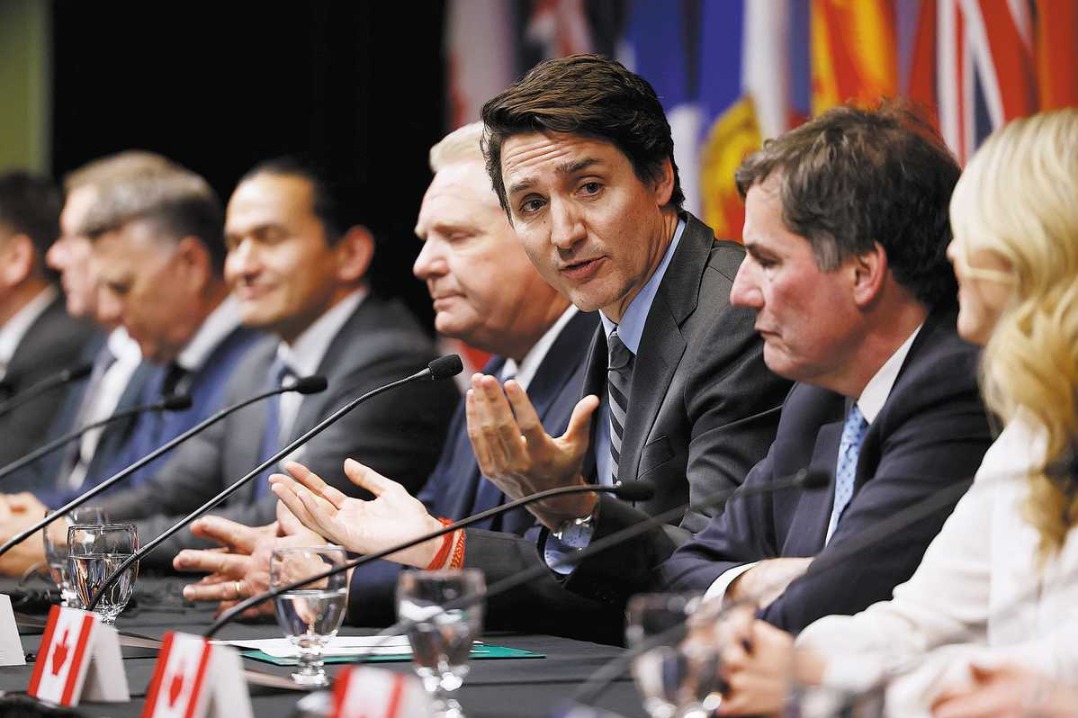Experts call for end of America's herd immunity fixation: media


WASHINGTON -- The end of this pandemic sometimes gets boiled down to two words: herd immunity. But now, as an academic debate swirls over when or even if America can get to a high enough percentage of people with immunity to reach that goal, some scientists say it's time for the public to stop worrying about it, National Public Radio (NPR) reported on Tuesday.
"I think we're focusing too much of our time, our effort, on quibbling over a number," Lauren Ancel Meyers, a professor at the University of Texas at Austin and head of the university's COVID-19 Modeling Consortium, was quoted by the American privately and publicly funded non-profit media organization as saying. Instead, Meyers and others say the public should follow one simple piece of advice: get vaccinated.
"This pandemic ends when enough people are protected from severe illness, and selfishly you want to be protected from severe illness," said Devi Sridhar, a professor of public health at the University of Edinburgh in Scotland. Vaccination "helps you and it helps your community."
More than 157 million Americans have received at least one dose of a COVID-19 vaccine, and 123 million are fully vaccinated against the virus. The U.S. government hoped that the country will have 160 million people fully vaccinated by July 4.
The idea of herd immunity began with cows, not people. In 1916, veterinarian Adolph Eichhorn and colleagues noticed that a herd of cattle could become collectively immune to a disease if enough animals survived the initial infection.
Since then, the herd immunity threshold has become a commonly used term in epidemiology to refer to the mathematical tipping point of an infectious disease outbreak. When a certain percentage of people are immune, either through infection or vaccination, a virus runs out of places to spread. The epidemic -- or, in this case, the pandemic -- fades, and life goes back to normal.

































